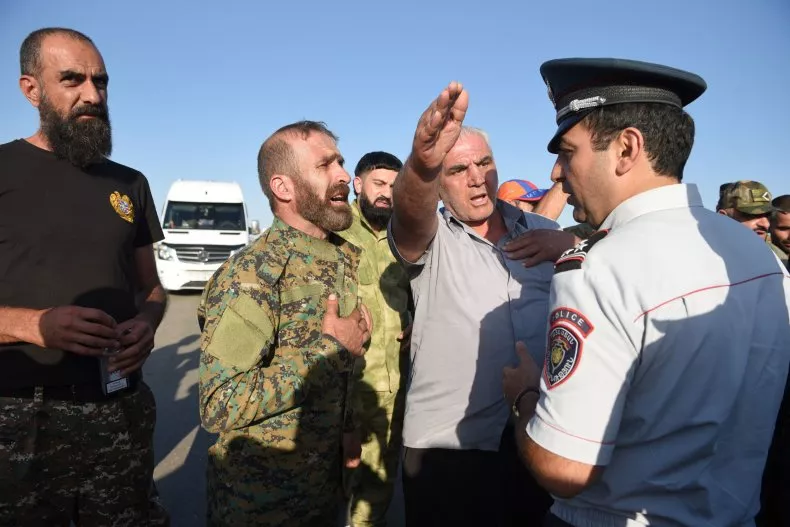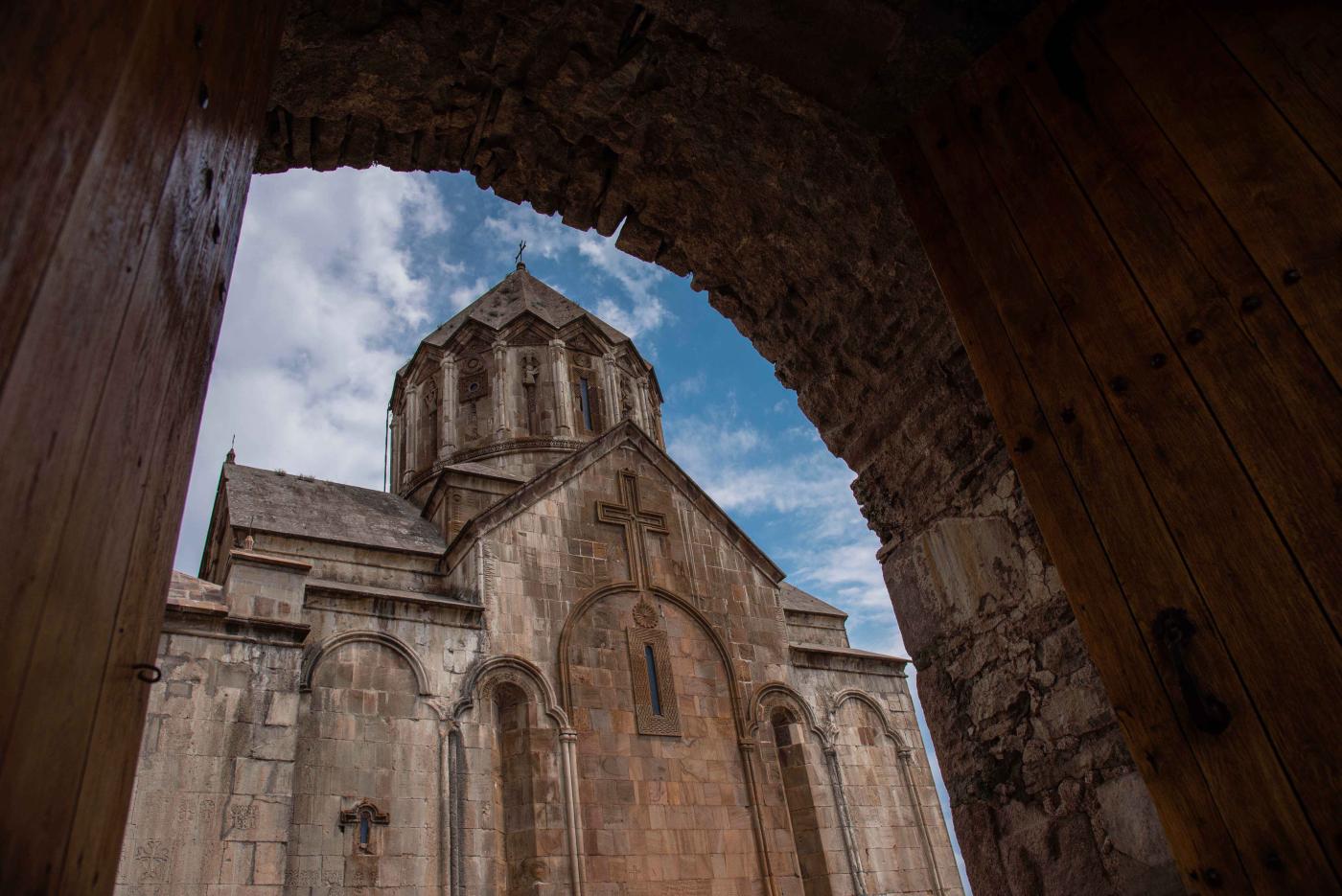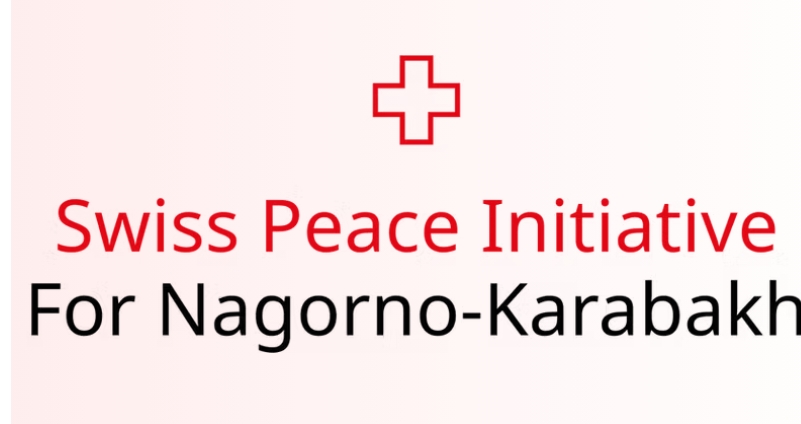Published Aug 31, 2023 at 11:22 AM EDT
By Thomas Becker, Legal and Policy Director at the University Network for Human Rights
Newsweek, The views expressed in this article are the writer’s own.
Azerbaijani forces kidnapped Mels in Nagorno-Karabakh in December 2020 and for 10 months tortured him with bats and chains, starved him, and forced him to chant “Karabakh is Azerbaijan” and “Glory to the president of Azerbaijan.”
Mels’ grandmother prayed for him to be alive, offering her life to God to bring him home. The Red Cross eventually facilitated this, but the day he returned, 30 pounds lighter and unrecognizable, she died.
Mels is one of the roughly 100 Armenian victims of atrocities that we at the University Network for Human Rights (UNHR) interviewed in Armenia and Nagorno-Karabakh over the past two years.
Western media is just beginning to report on the crisis within Nagorno-Karabakh caused by the blockade of the Lachin Corridor, the only road connecting this Armenian-populated territory within the borders to Azerbaijan to Armenia proper.
The area, which ended up in Azerbaijan due to the vagaries of internal Soviet borders, has operated as a self-governing entity for three decades after the fall of communism. Azerbaijan seized control of much of it in a 2020 war which cost thousands of Armenian lives.
Now, Azerbaijan has restricted movement of people, goods, and aid into and out of Nagorno-Karabakh for 258 days, strangling the residents’ access to basic services, emptying grocery stores, causing hours-long bread lines, and depriving hospitals of life-saving medicines and supplies.
U.N. Secretary General António Guterres, French President Emmanuel Macron, and U.S. Secretary of State Antony Blinken have denounced the blockade. Last week, in an emergency UN Security Council meeting about the crisis, Azerbaijan ignored calls by the United States, Britain, France, and Russia to allow the free flow of aid into the territory, responding with the claim that “people are happy. They are dancing at their wedding party. This is a celebration. Very tasty cookies!”
While the world is largely focusing on Azerbaijan’s blockade of the Lachin Corridor, Azerbaijan’s activities there are hardly isolated acts of aggression.
The reality is that Azerbaijani forces have been continuously violating the human rights and sovereignty of Armenians within and along the border of Nagorno-Karabakh since the 44-Day war in 2020. Azerbaijani forces have continued to torture, displace, extrajudicially kill, and forcibly “disappear” ethnic Armenian soldiers and civilians, both inside of Nagorno-Karabakh and in sovereign Armenia, in violation of the ceasefire agreement and international law.
Our team at UNHR, including lawyers, academics, and students from Harvard, UCLA, Wesleyan, and Yale, have witnessed such violations firsthand. We spent hundreds of hours collecting the stories of victims and their families, some of which we present in a summary briefing paper released last week entitled “Tip of the Iceberg: Understanding Azerbaijan’s Blockade of the Lachin Corridor as Part of a Wider Genocidal Campaign against Ethnic Armenians.”
Most victims we interviewed believe that the international community has simply forgotten them. “It feels like I don’t even exist in the world,” a woman named Ani told us after soldiers beheaded her elder brother Yuri and circulated a video of the crime on social media.
The former ICC prosecutor, Luis Moreno Ocampo, said in a report a few weeks ago that Azerbaijan’s actions can be classified as genocide under Article 2 c) of the Genocide Convention.
And this is no exaggeration. Azerbaijani officials at the highest levels openly advocate for ethnic cleansing and have normalized hatred against ethnic Armenians.
Azerbaijan’s president Ilham Aliyev has called ethnic Armenians “barbarians and vandals” who are infected by a “virus” for which they “need to be treated,” and he has flaunted his territorial aspirations: “Present-day Armenia is our land… Now that the Karabakh conflict has been resolved, this is the issue on our agenda.” Other officials have referred to Armenia as a “cancerous tumor” and Armenians as a “disease,” calling for “complete elimination of Armenians.”
His government celebrated this genocidal sentiment in a commemorative stamp it issued following the 2020 war depicting a man in a biohazard suit fumigating the area of Nagorno-Karabakh.
The warning signs of ethnic cleansing are crystal clear. The question now becomes: Will the world respond, or will Armenians face another genocide alone?
Thomas Becker is the legal and policy director at the University Network for Human Rights. He teaches human rights at Columbia Law School and Wesleyan University.




